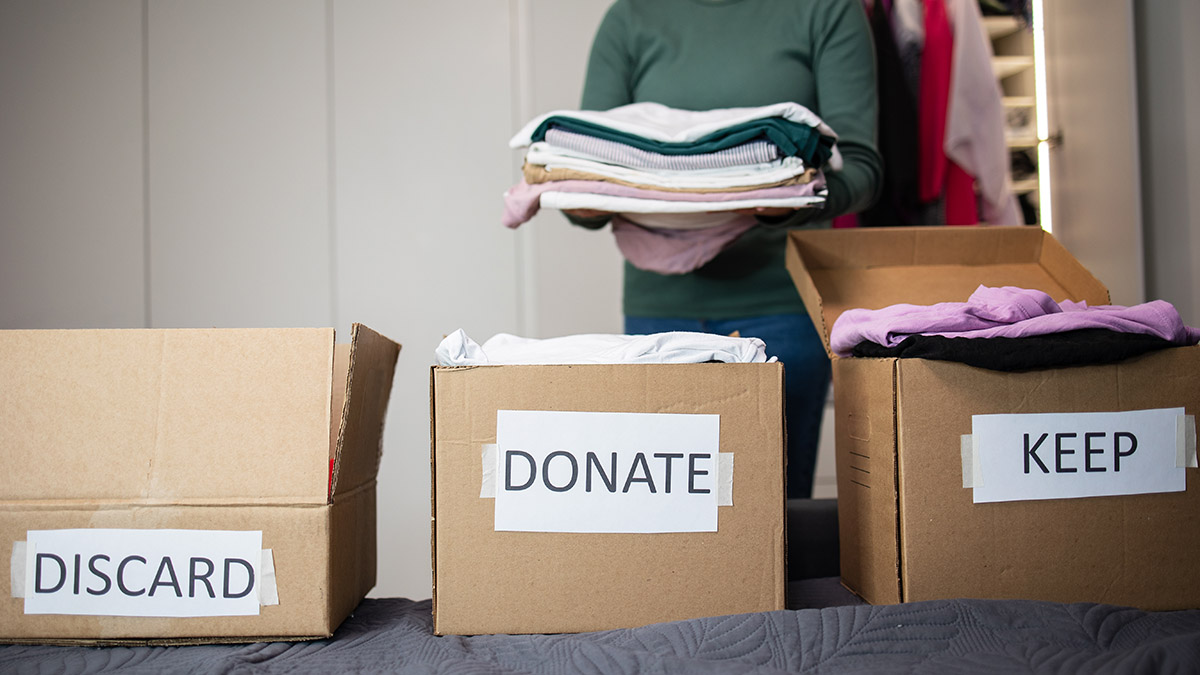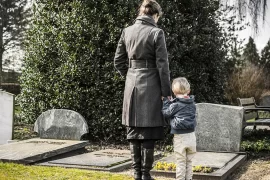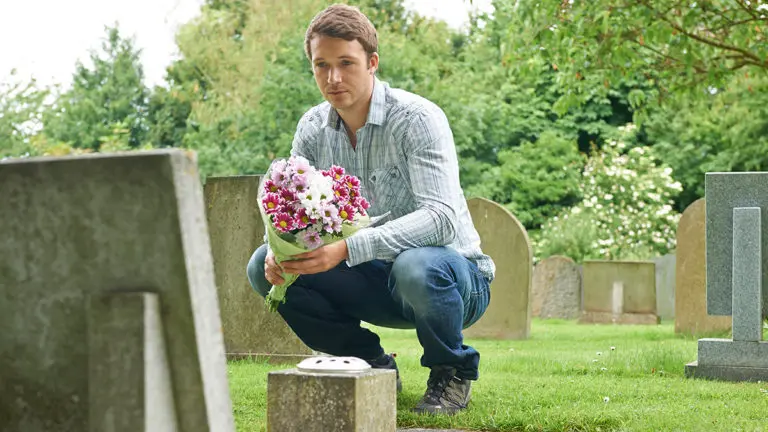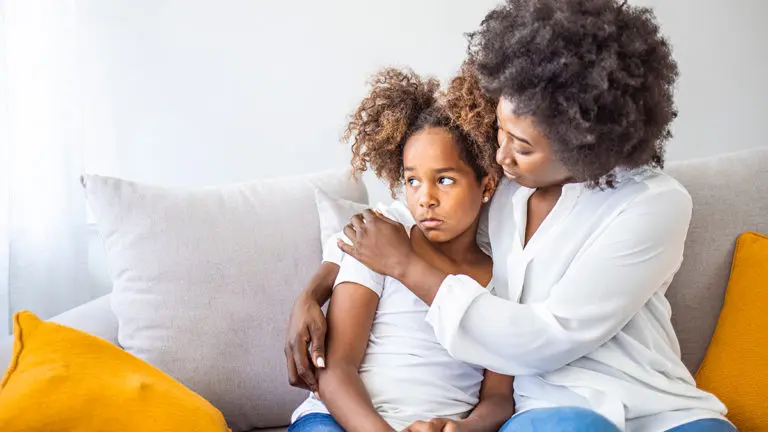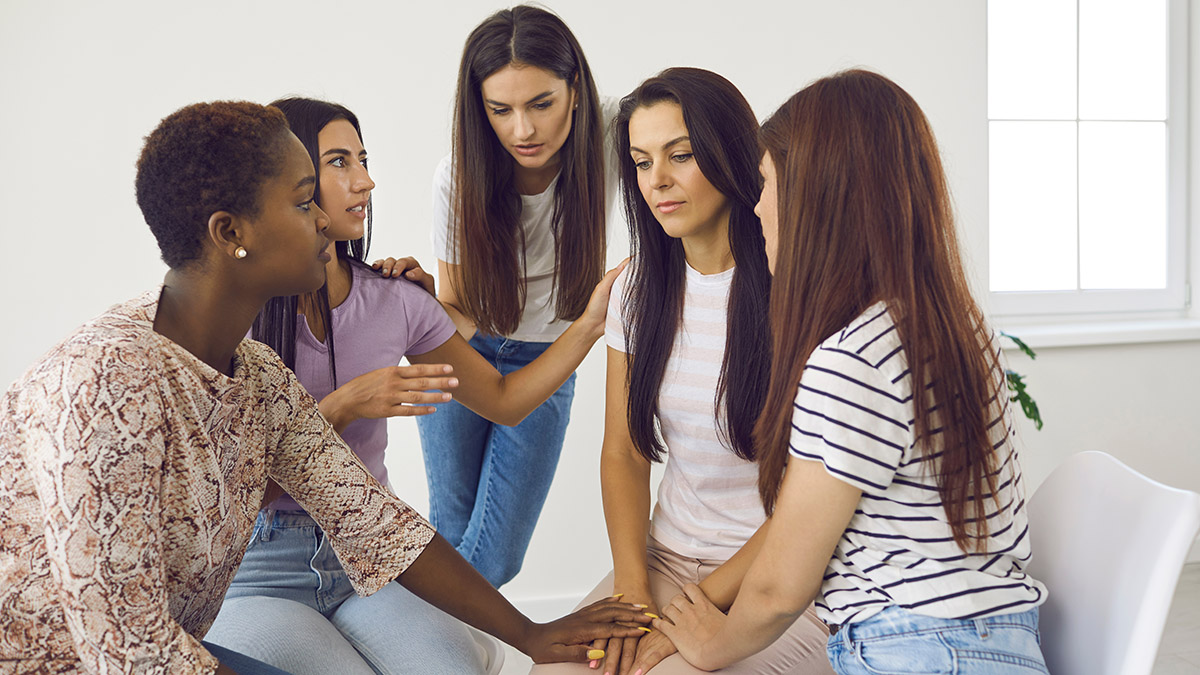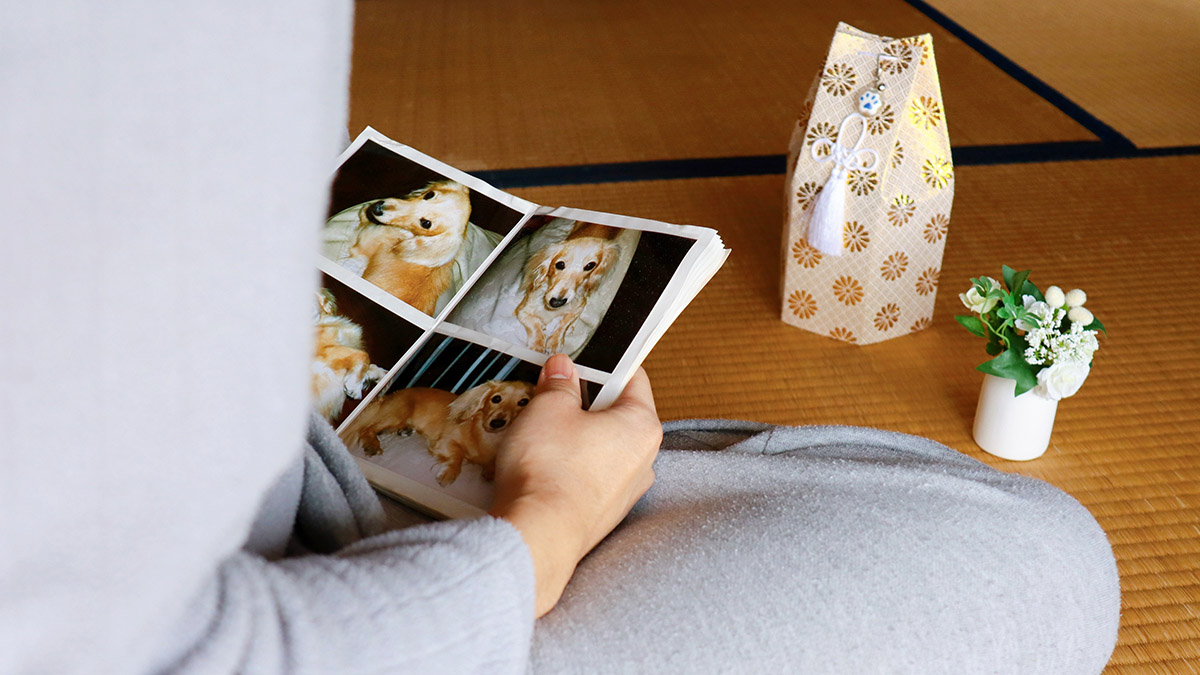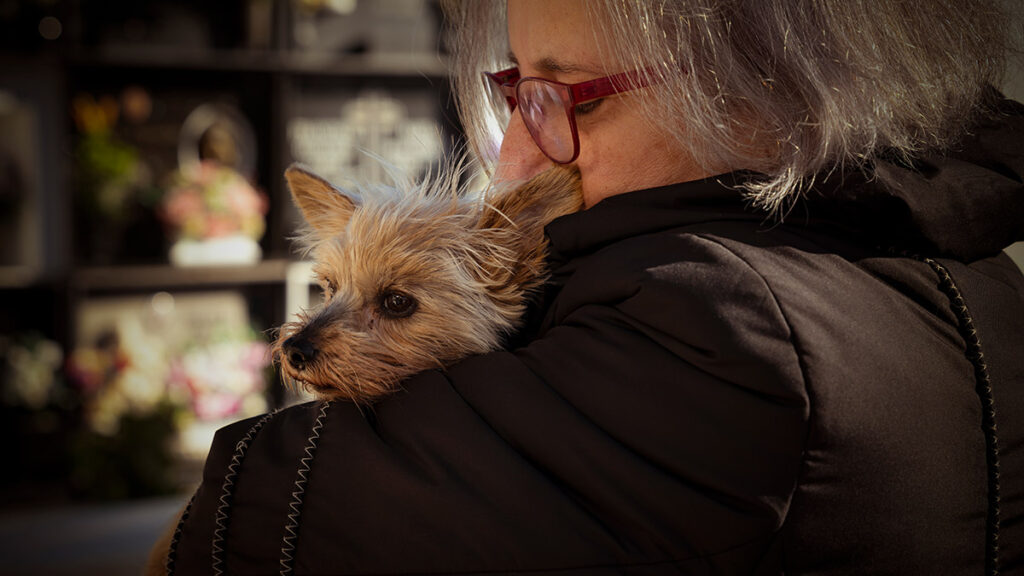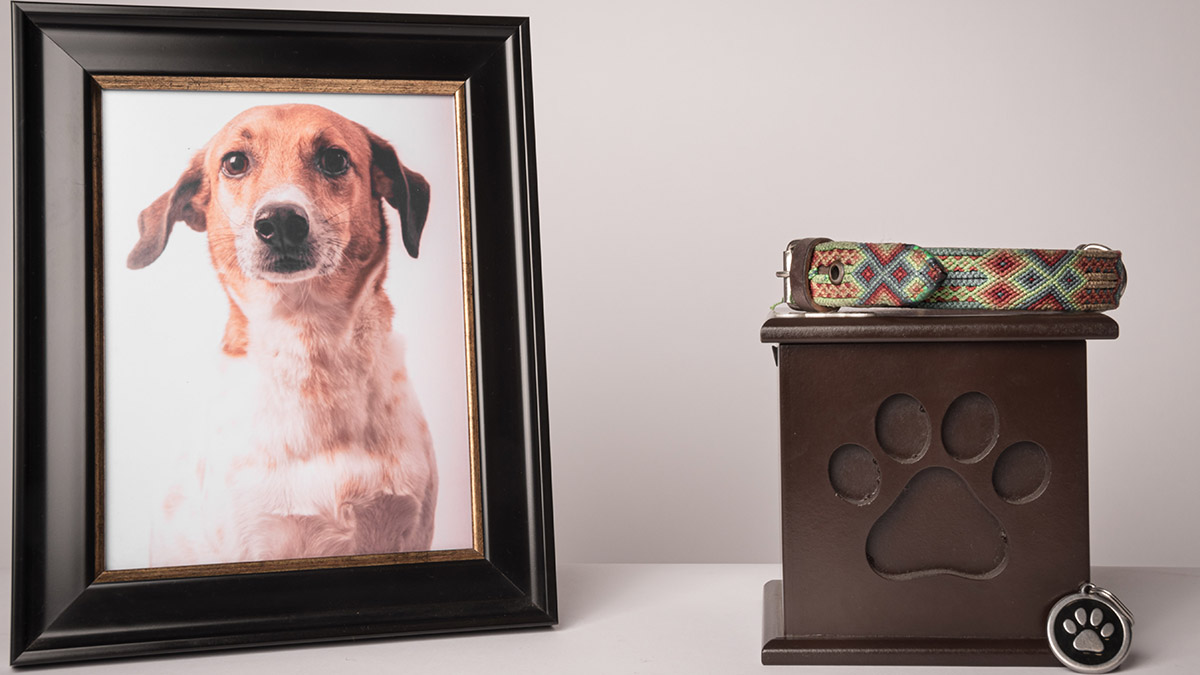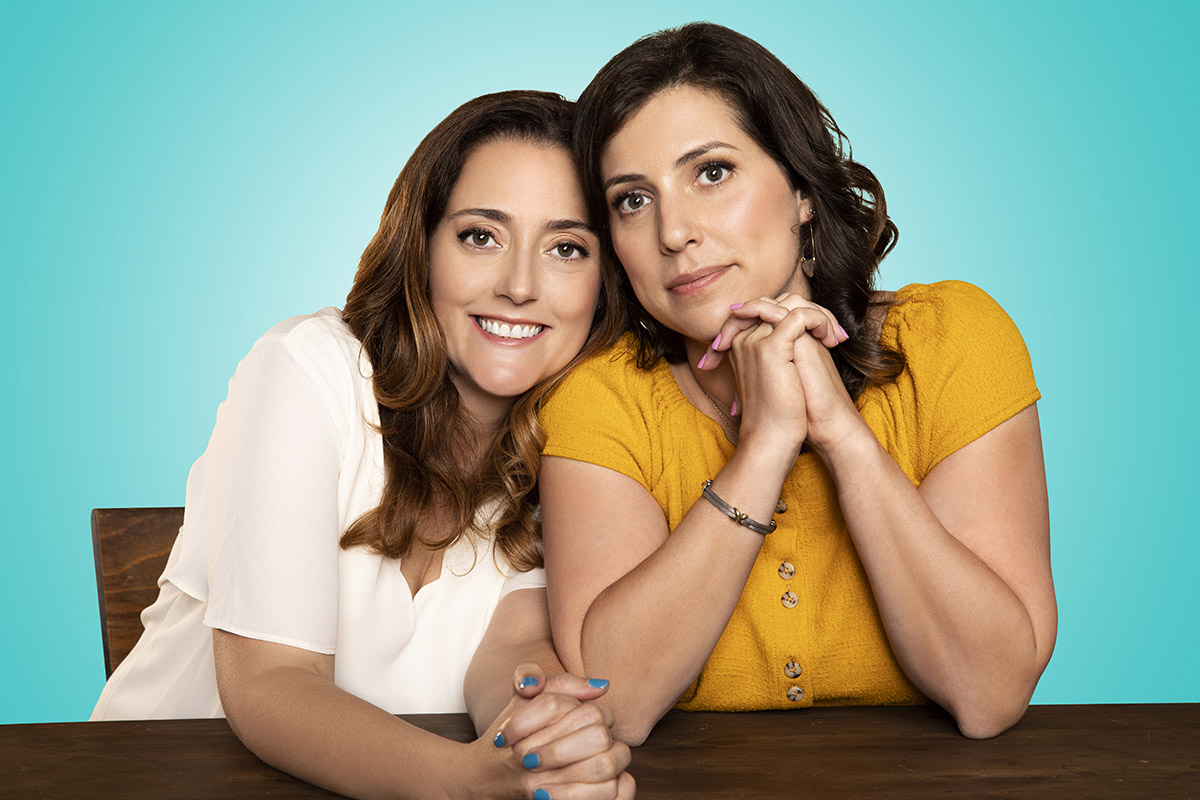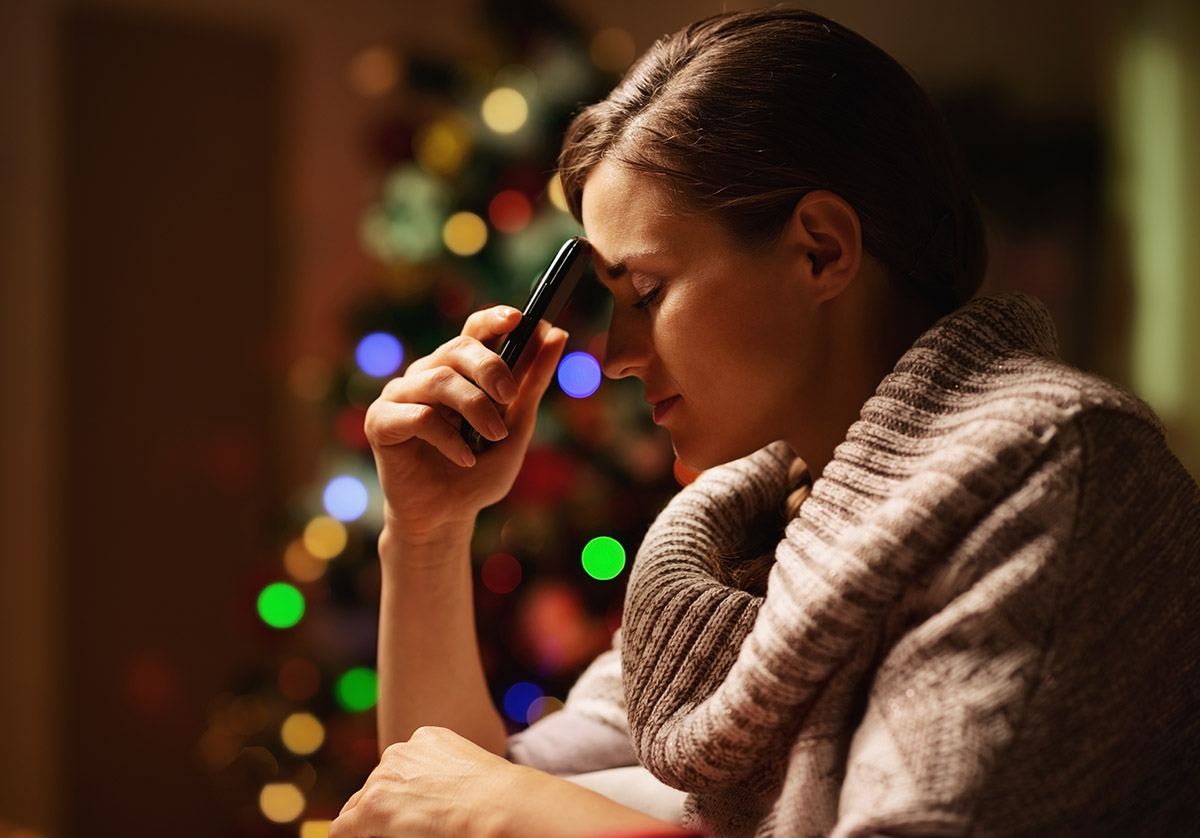The holidays are here, and while they can be filled with revelry, joy, delight, and magic, the months of November and December can also be a tenuous, sad, and isolating stretch for people who know there will be an empty seat at the table.
Our time is valuable, and so we need to be intentional about how we spend it. But there’s no roadmap for grief, especially during a season full of personal and professional celebratory invitations and opportunities to host. This time of year — more so than any other — it can be difficult to decide what to say yes to, what to decline (and how), and how to bring people together in ways that meet you where you’re at.
In a recent “Light After Loss” episode, Modern Loss’ Rebecca Soffer spoke with Priya Parker, a facilitator trained in conflict resolution, strategic advisor, acclaimed author of “The Art of Gathering: How We Meet and Why it Matters,” and executive producer and host of the The New York Times podcast “Together Apart.” The two talked about intentionally bowing out of what doesn’t feel right, leaning into what does, and teasing some meaning out of new rituals.
Practice a “gathering diet” when deciding whether to accept an invitation
In addition to nutritional diets (deciding what to put in your body) and informational diets (deciding what information to read and focus on), there are also “gathering diets.” Embracing a gathering diet is a way to become more thoughtful about what, when, and how you attend, and what you say yes and no to.
When you receive an invitation, instead of offering a knee-jerk response — “I have to say yes, she’s my friend” or “Maybe I shouldn’t go because I don’t want everyone to think I’m going to be a downer” — take a few moments to listen to your body. How does it feel? Are you tensing up and feeling dread and stress, or rather warmth, relaxation, and maybe even a little excitement? Use what you’re feeling to help you make a decision that goes beyond what your mind alone is telling you.

Want to pass on an invitation? Offer a “connected no.”
Receiving an invitation is like catching a ball the host has tossed to you. Part of being a good and intentional guest is throwing it back to them. It’s natural to assume that throwing it back only means accepting an invite, but you can also do so by saying a “connected no.” (Make sure you do it, though, without expressing ambivalence, which can sap everyone’s energy, including your own.)
Write a response that honors the invitation and host, values the relationship between the two, and might create a different pathway for how you might like to spend time together. Perhaps that’s dinner with just the two of you or a smaller circle of friends, or doing an activity that doesn’t involve a lot of talking, or reconnecting after the holidays, when you might feel a little less raw. You can still be in a relationship with someone without saying yes on their terms all the time.
What if we’ve said yes to an invitation, but as the event nears, we change our minds?
The purpose of gatherings is connection, and even saying no is a way to practice that connection. People can’t always intuit exactly what we are going through on a given day — even if they know we’re going through a rough time — but it’s a communal responsibility to hold space for our hard things. If the day of the event is imminent and you can’t fathom the idea of going through with it, simply give yourself permission to open up about the presence of loss within the context of your life. People overwhelmingly want to be helpful and supportive; give them a chance to do so.
Of note: If you’re uncertain about attending something, showing up and seeing how you feel can’t hurt. First, you can always leave whenever you want, and second, it might just be the medicine you needed. You never know what meaningful connections you’ll make.
How can family members or groups of friends host meaningful holiday gatherings when someone important is gone without overshadowing the spirit of celebration?
Memorize this phrase: Practice meaning as medicine. Anyone who takes on the role of host is inherently inviting their guests to create meaning, and that’s a skill we can all learn.
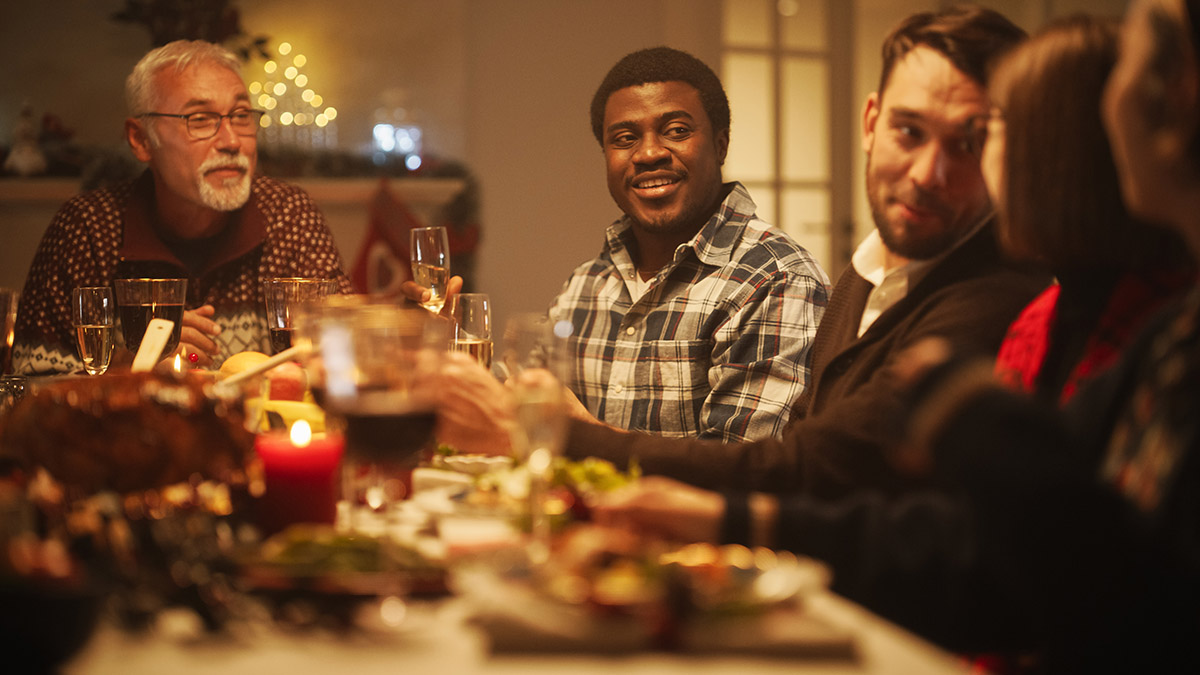
Here are two ideas for planning a gathering when most of those in attendance are grieving the same person or people.
- Hosting begins well before the actual event. If a gathering carries a greater risk, with a variety of personalities and higher level of tenderness surrounding a loss, ask yourself ahead of time: “What is our need and purpose this year?” Consider how much all of you would like to dial up or down the memory of your person in order to strike as much of a balance between that feeling of comfort and the inevitable feelings of sadness.
- Ask your guests what they’d like the holiday to feel like and make sure to guide them toward what to expect in your invitation. For example, are they seeking “comfort” and “happiness” after a grandparent or parent’s death? Consider asking each person to send a few songs that bring them those feelings, and then create a playlist. At the event, encourage your guests to share stories about what their songs mean to them when they hear them — especially those that involve memories of your person. This will inevitably create a meaningful and deeply connected experience.
Connection is the antidote to grief and loneliness. You can be in a crowded celebration and feel incredibly isolated; you can also be physically alone and feel like it’s exactly what you need. In a season of both loss and light, give yourself permission to be around the people who feel nourishing to you, and take a pass on those who don’t.
This article was authored by ModernLoss.com, which offers candid conversation about grief and meaningful community throughout the long arc of loss. You can download Priya Parker’s free guide for new and creative ways to spend time together here.








